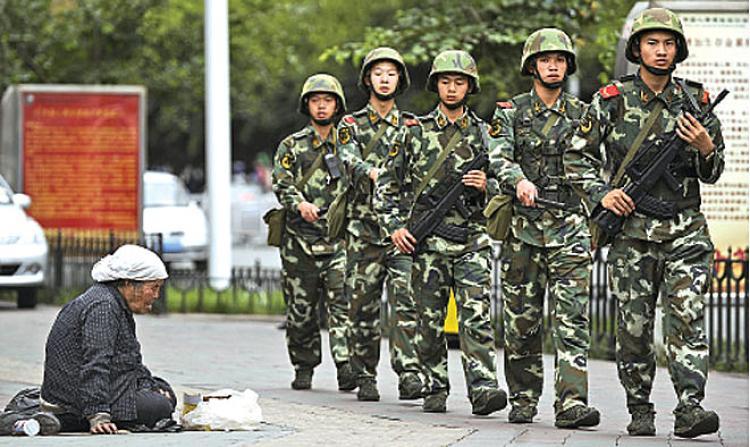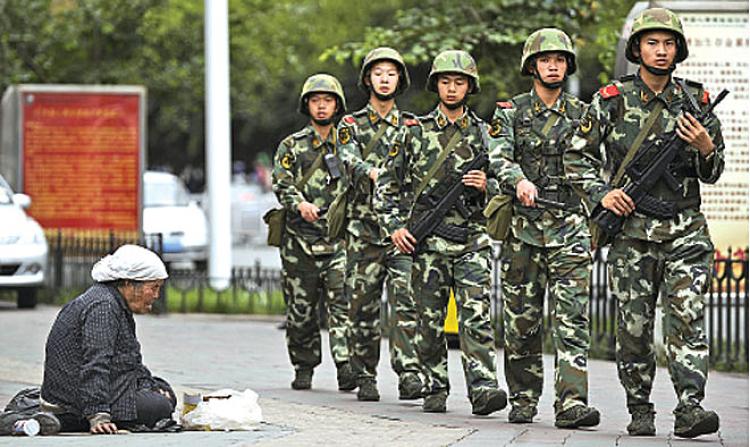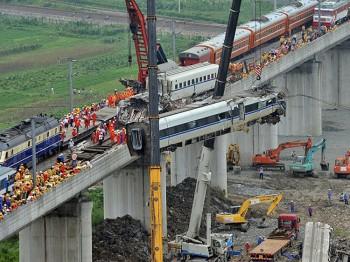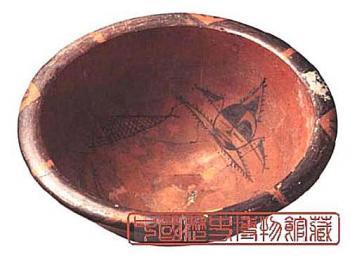Lieutenant General Lambasts China’s Political System
A prominent Chinese military commander has lambasted the Chinese political system in a recent interview.
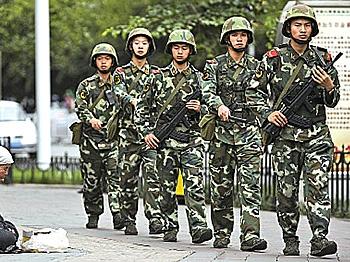
Chinese general Liu Yazhou lambasts the political system of China and predicts a political transformation toward democracy within the next ten years. AFP/Getty Images
|Updated:
